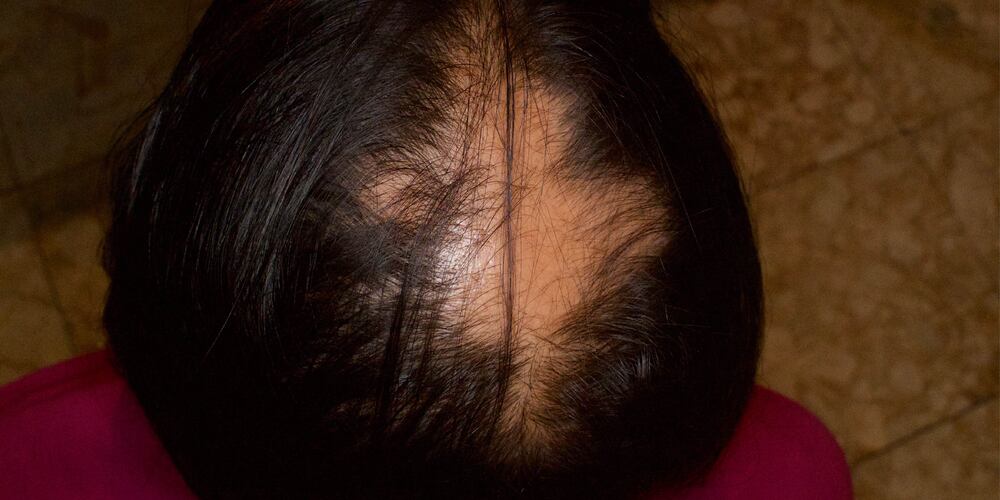Introduction Alopecia Areata
Alopecia areata is a common hair loss condition that affects millions of people worldwide. Characterized by the sudden onset of hair loss in small, round patches on the scalp or other parts of the body, alopecia areata can be distressing. However, understanding this condition and its treatment options can provide hope and relief for those who experience it. In this article, we’ll delve into the causes, symptoms, and effective treatments for alopecia areata, offering valuable insights for individuals seeking solutions.




